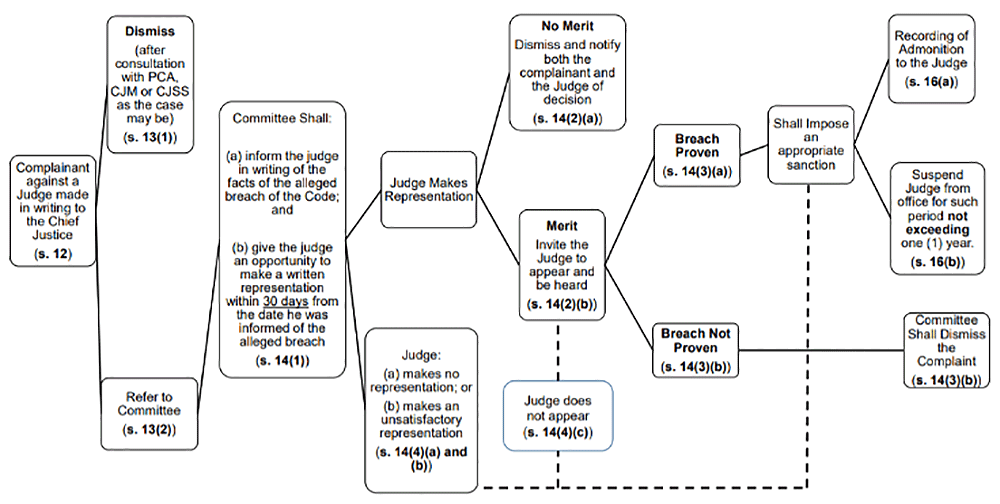Courts, law and justice in our country
COMMENT | As a country and as citizens, Malaysia and Malaysians are confronted with interesting issues. These help us to think, analyse and inquire. One matter that blew up in the press recently was on the functions of the courts.
The courts are divided into subordinate courts and the superior courts. The latter consist of the High Court, Court of Appeal and the Federal Court.
The High Courts are of Malaya and Sabah and Sarawak (which used to be known as High Court of Borneo).
The decisions which took to the press and which led Malaysians questioning the functions of the courts have come from the superior courts.
When a bomb blows up, there will be a large hole and splinters. The common jargon is that collateral damage must be expected.
I propose to deal with a few issues emanating from the questions raised in some cases. I hope others will elucidate further so as to help more Malaysians understand and appreciate the courts, their functions and difficulties in interpreting the laws and decisions.
There can be other opinions. Those who care to explain, perhaps in more detail, will be helping the legal fraternity grow and the judges better enlightened.
Let me begin with action against retired judges.
Introduction
There was some uproar of late against a media statement issued by the judiciary on Nov 26, 2018. In that statement, the judiciary noted that it considered an allegation of interference as a serious breach of law and ethics. In the result, the judiciary announced that an internal investigation was conducted, and all the relevant persons were heard.
The public did not feel confident on two areas:
The judiciary is unable to take any action, under the Judges’ Ethics Committee Act 2010 and the Judges’ Code of Ethics 2009, into the alleged misconduct of the retired judge because the said judge had retired; and
The judiciary had to suspend the internal investigation because police investigation was and is now underway. In any event, the Karpal Singh appeal is still pending, en route to the Federal Court.
The law on removal of judges – the bitter truth
Judges are the final protectors of the public against aggression from the executive arm of the government. Premised on this reason, and to ensure their independence, judges are granted security of tenure. Therefore, the country has made it quite difficult to remove a sitting judge.
Article 125 of the Federal Constitution only caters for provisions which allow the Chief Justice to take action against sitting judges. The law, therefore, gives the Chief Justice very little power when it comes to retired judges.
To put it into context, Article 125(3) of the Federal Constitution allows the Chief Justice (after consulting with the Prime Minister), the power to recommend to the Yang di-Pertuan Agong to appoint a tribunal to remove a judge from office. Article 125 does not cater for any other course of action.
Article 125(3B) confers the Chief Justice the power to prescribe a code of ethics. This ought to be read with the Judges’ Ethics Committee Act 2010 and the Judges’ Code of Ethics 2009. The following is the flow chart detailing the provisions of the Judges’ Ethics Code 2009 and the disciplinary powers available to the Chief Justice.

It will be noted that the code is silent on action against retired judges. This is only proper as any allegation in the nature of interference is a criminal matter, which should be left in the hands of the police and the prosecutors.
What can be done?
Many will notice that the law leaves little room to the Chief Justice when it comes to taking action against retired judges. Perhaps this is for good reason.
The interference by any person with the administration of justice is a crime. Section 186 of the Penal Code prohibits any person from obstructing any public servant from discharging his public functions.
Under Section 21 of the Penal Code, “public servant” includes “every Judge”. So, any person, be he or she a judge, who interferes with a judge’s functions, can be charged and tried for “obstructing a public servant”.
One real-life example of this is what happened to the former Chief Justice of Trinidad and Tobago who was at one point in time arrested on the grounds of having interfered with the administration of justice. It was alleged that the said Chief Justice had attempted to influence another judge to determine the outcome of politically-motivated cases in a certain way. He was charged for the Malaysian equivalent of “obstructing justice”.
Conclusion
No matter how enraged we may feel at allegations raised against a judge, we must no less follow the law. The duty to investigate and charge “corrupt judges” lies with the police and prosecution respectively.
Therefore, when the judiciary stated on Nov 26, 2018, that it must suspend investigations pending police investigations, that was the sensible thing to do.
Otherwise, the judiciary would be playing police, prosecutor and judge at the same time and unbecoming of a jurisdiction which practices the cardinal principle of separation of powers.
SYED AHMAD IDID is a former judge of the High Courts of Malaya and Borneo; director of the Kuala Lumpur Regional Centre for Arbitration, as well as a Fellow of the Asian Institute of Chartered Bankers.
The views expressed here are those of the author/contributor and do not necessarily represent the views of Malaysiakini.
RM12.50 / month
- Unlimited access to award-winning journalism
- Comment and share your opinions on all our articles
- Gift interesting stories to your friends
- Tax deductable
